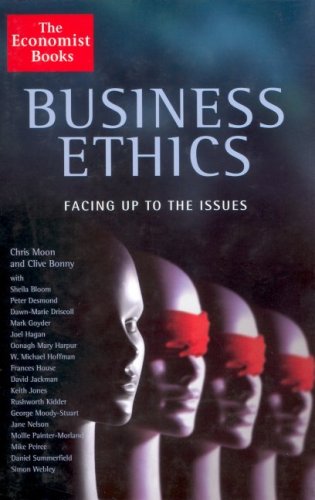Of late, I have been thinking of the empires and enclaves of which I know precious little and, in some cases, absolutely nothing.
There have been periods in my life - such as the greed is good '80s - where I have felt alienated from a wider society. Recent events have resulted, inadvertently, in something I have never done before - foster parenting a child in the care of the Department of Human Services. The child is 14, the eldest of seven children in a household where neither parent works and one wonders if recent additions to the family have been encouraged by the generous "baby bonus" introduced by the Howard Government.
So what else is new, you might think? True. I am not the social worker, hand-holding, there-there type of person. I don't consider myself ungenerous of heart and I have always been involved in working for a just and equitable community and system of governance within a civil society. I have heard of and read about people who inhabit the world of chronic welfare dependency.
Now such people have entered my world in a way that has not occurred before - in spite of the fact that I have worked with people at the margins such as alcoholics, the homeless, Aboriginal people and communities, and the working poor. Now, I find myself a stranger in a strange land.
I then think of other strata of society of which I have no knowledge - the drugged people; the thinking all the time of money people; the always climbing the social ladder people and so on. Empires of which I know nothing, nothing at all.
And into all of these thoughts comes
this article by
Niall Ferguson. I have recently introduced Networkers to Ferguson in
this post. I don't want to discuss the economics in this latest article. As I have made clear previously, I am a
Krugman-ite. But I am interested in what he says about the rise and fall of empires. I am particularly interested in this paragraph which I will take into my thoughts to dwell upon:
Yet it is possible that this whole cyclical framework is, in fact, flawed. What if history is arrhythmic - at times almost stationary, but also capable of accelerating suddenly, like a sports car? What if collapse comes suddenly, like a thief in the night?
I think this is worthy of consideration because, just as I am caught up in thinking of the division of human society into microcosms of separate empires and worlds, there are a lot of people agonising about what might be the empire/s of the future. These people are the people of the climate change action groups which abound around the place.
Now lest you think, Networkers, that I am a climate change sceptic, I wish to state I am not. I am of another form of scepticism: I am a Climate Change Group Sceptic.
I look at the ones who major in Climate Change activism alone in a mixture of wonder and horror.
I see Chicken Littles telling us that the sky is about to fall. I don't see the Climate Change people working where I am on trying to avert the disaster of bad management and bad political decisions which have been wreaking havoc on our rivers, oceans, forests and vegetation for a long, long time and which show no sign of abatement.
Talk to the CC activists about the details of these management decisions and one finds one self speaking a language which is not understood. So, the rivers, oceans, forests, and vegetation suffer in a way which contributes to the global warming they protest about and they spend their time time angsting about the abstract and looking for middle-class technological solutions. I, it seems, inhabit one empire and they another.
The CC predictions are for a future empire of woe - and yet we don't know, even if the planet as we now know it is affected adversely, how this will work out for the planet and for humanity. Some
Gaian arrhythmic purpose may take over and transform the planet and our future generations - or it may collapse overnight.
I am a CC Group sceptic because I think such people/groups have communicated their message badly and, in turn, have switched off people or frightened them into inaction. There were complaints that the powers that be in Australia didn't understand (they did - the groups didn't seem to understand how politics operated in a pluralist, democratic society) and it was all their fault that Copenhagen turned sour. Did they not bother to think about the attitudes of the USA, China and India and take them into account?
And then, activist though I am, my thoughts turn to the great lesson of the
Tao:
wu wei.
Related reading:






































